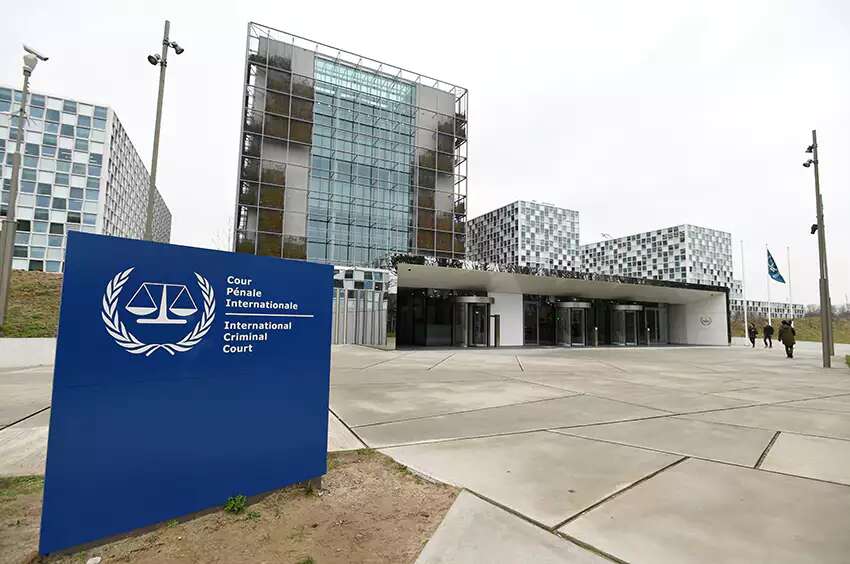Last week, representatives from nine countries gathered in The Hague, Netherlands, to announce the establishment of the "Hague Group," an initiative aimed at challenging Israel diplomatically. In a joint statement, the participating nations, Bolivia, Belize, South Africa, Honduras, Malaysia, Namibia, Senegal, Cuba, and Colombia, outlined their primary objectives: pressuring for the implementation of arrest warrants issued by the International Criminal Court (ICC) against Prime Minister Benjamin Netanyahu, former Defense Minister Yoav Gallant, and possibly other senior officials; enforcing decisions of the International Court of Justice (ICJ) regarding the war in Gaza and the situation in the West Bank. Additionally, they declared economic sanctions against Israel, but what do these entail, and how significant are they?
The event was attended by representatives of the participating countries, their aides, UN officials, Palestinian public figures, and several politicians who came to express support for the initiative, including former UK Labour Party leader Jeremy Corbyn, Sinn Féin leader Declan Kearney from Northern Ireland, and former Greek Finance Minister Yanis Varoufakis. The announcement received limited media coverage, with only a handful of international news agencies and European journalists present, while English-language media was notably absent. However, the group called on additional nations to join the initiative, hoping it would lead to a significant shift in global attitudes toward Israel.
Alongside their commitment to enforcing the ICC and ICJ decisions, the Hague Group members declared economic sanctions against Israel. The nine countries will ban arms exports to Israel and prohibit ships carrying weapons and military-use fuel destined for Israel from docking at their ports. While this policy might seem damaging, as it renders much of southern Africa's coastline inaccessible for Israeli trade, the actual impact of these sanctions, if enforced at all, is expected to be minimal.

Most goods imported into Israel do not pass through the ports of these countries but instead travel via major maritime routes, such as the Suez Canal, which connects the Red Sea to the Mediterranean. Additionally, the vast majority of military procurement for the Israel Defense Forces comes from the United States and Europe, making the sanctions practically insignificant.
The only potential economic impact relates to trade with the Hague Group member states themselves, particularly South Africa, the only country among them with some economic weight. South Africa is a member of the G-20, the forum of the world's leading economies, though it is the weakest economy in the group, often described as "a tail among lions." Israeli trade with South Africa primarily flows through the ports of Durban and Cape Town and consists mainly of agricultural exports, diamonds, metals, and other goods. However, even if South Africa were to escalate its stance and cut off trade with Israel entirely, the economic damage would be minimal. According to Ashra, Israel's government-owned foreign trade risk insurance company, Israeli exports to South Africa amount to approximately $200 million annually, while imports total around $150 million per year. Trade with the other countries on the list is even more limited.
Bottom line: The potential economic impact on Israel is negligible, and these countries lack geopolitical influence. Unless additional nations join the initiative, the damage caused by the Hague Group is expected to be marginal to nonexistent.




